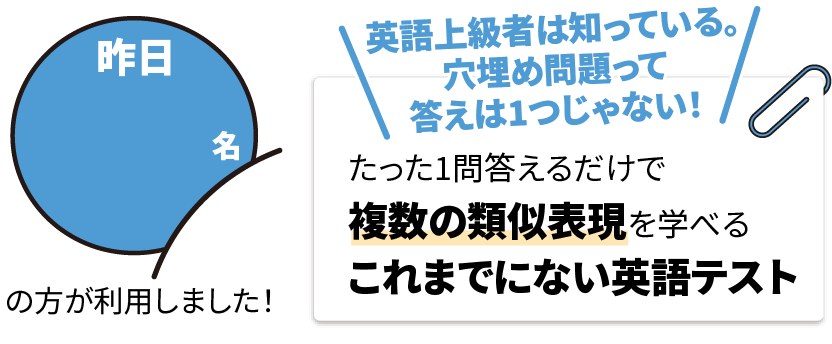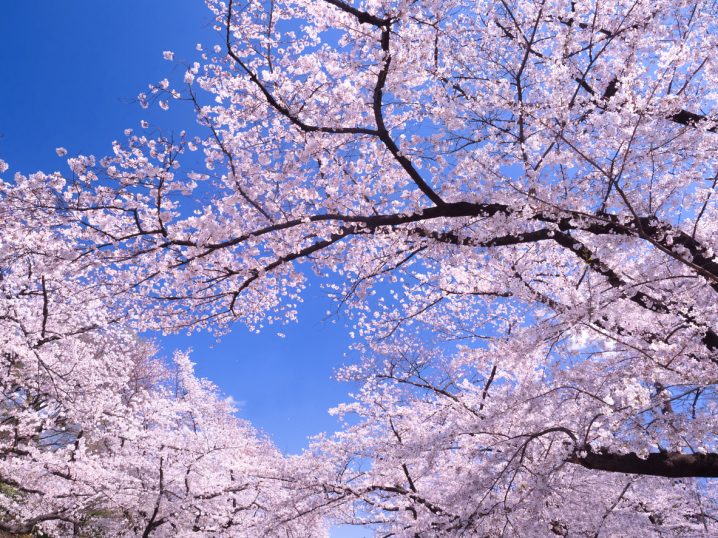Hello, this is Simon.
Winter in Japan always feels very long to me. I’m pretty much over winter come the end of January, but then I have to endure the coldest month of all. So, towards end of February I always start to get spring fever. I really look forward to spring. Everything starts to spring to life: flowers, trees, birds and insects. Spring has had a particular significance this year because of the bleak mood created by the coronavirus.
At the beginning of this year I had no idea the coronavirus would spring upon us the way it did. When the first cases of infected people start to appear in Japan, the numbers are very low so it didn’t seem like it would spread significantly. But then, new cases started to spring up like mushrooms. So, I was glad to see the Japanese government spring into action and propose effective measures to try and nip it in the bud.
As the numbers of cases in the country slowly increased, I begin to really worry. But, recently I heard the first piece of good news. The daily number of newly infected people in Hokkaido is starting to decrease, indicating that they may have passed the peak there. Maybe other parts of the country will show the same kind of trend.
This news along with the arrival of spring, offers a little ray of hope. Maybe we will soon be able spring back. I really do hope so. I’d like to start walking with a spring in my step again.
As they say, “Hope springs eternal.”
I was a little stuck for ideas this time. The coronavirus, seemed to be the main thing on everyone’s minds. Watching the news every day had become depressing. However, small signs brought about by the season of spring, and some positive news helped to pick me up, so I thought I would introduce some idioms related to spring. Not only is spring a season, but it is also a verb which means to move quickly or appear suddenly, as can imagine form reading some of the above phrases.
“spring fever”
The phrase “spring fever” refers to a feeling of restlessness that people get after going through a long cold winter, and excitement that comes with the onset of spring.
“spring to life”
To “spring to life” means to suddenly take action, start doing something, or for things to start happening (e.g. The usually sleepy village sprang into life with preparations for their summer festival.)
“spring upon”
The phrase “spring upon” literally means to jump on someone or something unexpectedly (e.g. The lion sprang upon its prey form out of nowhere.) It can also be used to mean something that catches us by surprise (e.g. The storm had sprung upon us before we knew it.) Or you can “spring something upon someone” (e.g. He sprang the news upon me when I was least expecting it.)
“spring up like mushrooms”
To “spring up like mushrooms” means for something to increase in number very suddenly and quickly, the same as mushrooms do.
(e.g. New conspiracy theories relating to the coronavirus have been springing up like mushrooms recently.)
“spring into action”
When we “spring into action” become active suddenly and very quickly. This phrase is often used when we talked about acting quickly to deal with difficult situations or problems (e.g. The disaster response team sprang into action to help the devastated community.)
“nip something in the bud”
The phrase to “nip something in the bud” means to stop something at an early stage before it has a chance to grow, increase, or become established. As you know a “bud” is a small part of a plant that develops into a flower or leaf. The verb to “nip” means to bite or pinch something sharply. I think the image of cutting the buds off of a plant to stop it growing further is an easy thing to picture in your mind (e.g. I started to feel a little ill earlier this week, but I nipped it in the bud by going to the doctor straight away and getting some medicine.)
“ray of hope”
A “ray of hope” is some kind of sign or signal that offers us a small amount hope when we are in a difficult or troubling situation. Another similar phrase is “glimmer of hope”(e.g. The possibility of a new vaccine being developed soon offered everyone a small ray of hope.)
“spring back”
The phrase to “spring back” means to quickly return to one’s original location, position, state or condition. It can also mean to quickly recover from illness or injury. (e.g. It was amazing at how quickly she sprang back after her operation.)
“spring in my step”
To have a “spring in your step” means to have a happy, energetic, and excited mood, as can be seen by the carefree way you walk, when feeling this way (e.g. Tom has been walking with a spring in his step ever since Jane accepted his marriage proposal.
“hope springs eternal”
The phrase “hope springs eternal” is used when we continue to hope that something will happen, even if we think it is unlikely. It is usually used to show optimism in difficult times (e.g. Life is hard, but hope springs eternal.)
Times are tough at the moment, but I think this spring will bring with it a new feeling of optimism.
See you next month. Take care!

Hello! My name is Simon.
I am from New Zealand, and have been living and teaching English in Japan since 1999.
My hobbies include movies, playing the guitar, gardening and hiking.
※このブログでは英語学習に役立つ情報アドバイスを提供していますが、本ブログで提供された情報及びアドバイスによって起きた問題に関しては一切、当方やライターに責任や義務は発生しません。
※ここでの情報や助言を参考に英文を書いたり下した判断は、すべて読者の責任において行ってください。ここに掲載されている記事内の主張等は、個人の見解であり当社の意見を代弁・代表するものではありません。








 (2 イイネ!が押されています)
(2 イイネ!が押されています)




























コメントする